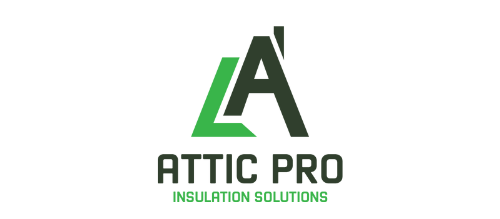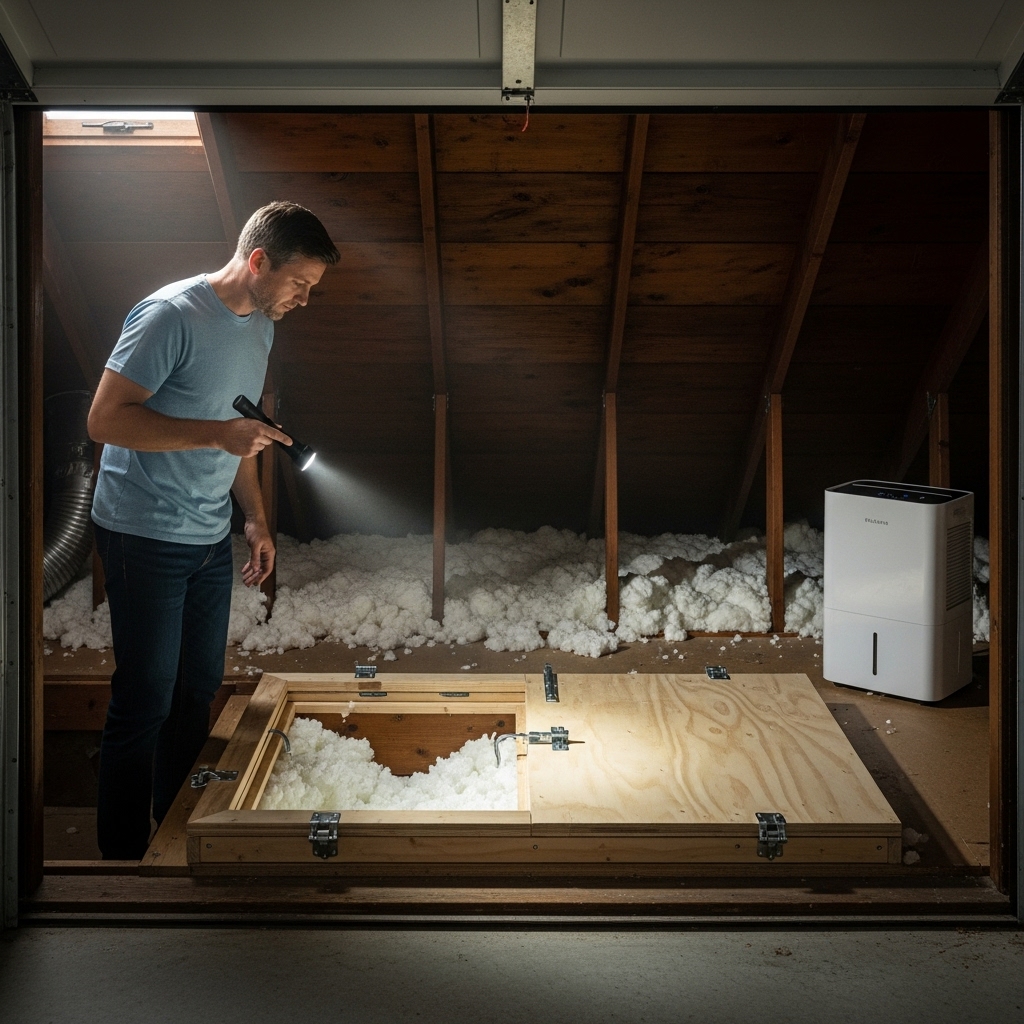Keeping Your LA Property Fresh After the Clean-Up
There is a special satisfaction that comes after a thorough clean-up of a home, apartment, or small business space in Los Angeles. The air feels lighter, the rooms smell neutral, and daily routines resume without that nagging worry about what might be hiding above the ceiling or below the floor. The question that follows is practical: how do you keep it that way? Maintenance after a professional clean-up is not a mystery, but it does require attention to the rhythms of our city—heat that lingers into the evening, morning marine layers, bursts of rain that change everything for a few weeks, and landscaping that grows vigorously with just a little care. The good news is that the same principles that guided your initial rodent sanitation will guide your upkeep: source control, airflow awareness, and sealing the small pathways that become big problems.
Start with a mental map of your property. Picture the roofline, the vents, the utility penetrations where pipes and cables enter, and the crawl space or attic that acts like a buffer between outdoors and indoors. Think about where odors appeared before the clean-up and where dust seemed to gather faster than it should. Those are your monitoring zones. When you know the landscape, simple monthly check-ins become quick laps rather than detective work. In a city that moves fast, this kind of clarity saves time and keeps comfort steady.
Daily Habits That Preserve Results
After a professional sanitation project, small daily habits make the benefits last. Keep pantry items in sealed containers and move bulk goods into tightly closing bins. Wipe counters and sweep floors at day’s end, paying attention to hidden corners beneath appliances. Pet owners should store food indoors and keep feeding areas tidy, especially during hot spells when odors linger longer. These are basic practices, but they are the front line of maintenance. Consistency turns them into a quiet shield—and they pay off as the weeks add up to months.
Airflow awareness is another daily practice. If you run the whole-house fan during cool evenings, make sure windows have intact screens. If the HVAC is on, close exterior doors promptly so pressure doesn’t draw outdoor air through tiny gaps. In apartments and small businesses, keep corridor doors closing properly and report any latches that fail. This isn’t about living locked down—it’s about giving your building systems the help they need to keep clean air in and unfiltered air out.
Monthly Checks Without the Hassle
Set a recurring reminder for a once-a-month property walk. Start outside: look at the roofline, vents, and any overhanging trees that may brush against the building. Trim back vegetation where it touches the structure and check that vent screens are intact. Inside, glance at the attic or crawl space access panels for a tidy seal and make sure utility penetrations are still snug. If you store seasonal items in the garage, keep them off the floor and away from walls, leaving space for airflow and easy cleaning. These small checks take minutes but prevent slow-developing issues from gaining a foothold.
In Los Angeles, heat can amplify odors from even small residues left behind in neglected corners. If you notice a faint smell on hot afternoons, follow it to its source. Often, it points to a forgotten bag, a damp mop bucket, or a cardboard stack that seemed harmless. Remove the source, wipe down the surface, and the smell tends to vanish. If it persists, the next step is a more thorough inspection of the hidden spaces, which is where a professional can help.
Seasonal Adjustments for LA Microclimates
Microclimates are real here. Coastal neighborhoods ride the cool breeze, while the Valley bakes. Hillsides get their own airflow patterns and temperature swings. Adjust your maintenance to match. In summer, focus on sealing and cooling strategies: confirm door sweeps are in good condition, verify attic vents are screened, and make sure pet doors seal properly. In cooler, wetter months, check that drainage around the property keeps water moving away from the foundation, and look for any swelling wood or sagging screens that might have loosened. These seasonal touches keep your sanitation gains stable, even as the weather flips the script.
Apartment communities and small businesses benefit from a seasonal schedule posted where staff can see it. When everyone knows that the first two weeks after the first big rain are prime time for inspections, attention rises and small problems get solved before they multiply. For single-family homes, consider aligning your bigger check-ins with other tasks, like HVAC filter changes, so you build a habit stack that is easy to remember.
Storage, Housekeeping, and the Power of Space
One of the simplest maintenance moves is creating a little more space. In garages and storage rooms, leave a few inches between items and walls. Use shelving that allows visibility underneath, so cleaning is easy and evidence of problems is obvious. Cardboard breaks down and holds odor; use plastic bins with tight lids instead. When you bring home bulk goods, consolidate packaging and transfer what you keep into sealed containers right away. This not only reduces attractants but makes your daily life smoother because everything stays organized and accessible.
Kitchens deserve special attention. Even after a successful sanitation, the flows of cooking and cleaning can generate grease and moisture that attract attention if not managed. Clean range hoods, keep under-sink areas dry, and fix minor leaks promptly. The goal is to prevent micro-environments that invite pests to stay a while. When maintenance is steady, kitchens become easier to manage, and the home feels more serene.
Exterior Care That Pays You Back
Landscaping is the frame around your building, and it affects sanitation more than most people realize. Overgrown planters create cover, and dense vines can mask small openings. In Los Angeles, many homes proudly feature lush greenery. Keep it beautiful and strategic: elevate planters off siding, maintain a gap between mulch and foundation, and trim branches that overhang roofs. Exterior lighting that illuminates service paths without blinding neighbors also helps you spot issues quickly during evening checks. When the outside is tidy and visible, the inside stays calmer.
Waste management is part of exterior care. Keep lids closing properly, clean the area around bins, and stage them in a way that does not block doors or vents. After a heat wave or a week of heavy service at a small business, a quick cleaning of the waste area resets odors and discourages attention. It is a simple task with outsized benefits.
When to Call for Help
Maintenance is about knowing your limits. If you begin to notice recurring odors in a particular area, find droppings, or see damaged insulation at an access point, it is time for a professional check. The goal is not to wait for a crisis but to invite trained eyes before small clues turn into a bigger story. A short visit can confirm whether the sanitation remains intact or if a specific gap has opened. The follow-up might be as simple as re-sealing a penetration or refreshing a section of insulation that saw unusual wear during a heat wave.
Along the way, keep your documentation. Save photos from the original clean-up, notes about sealed penetrations, and any reports you received. When professionals return, that history speeds diagnosis and reduces disruption. It also turns maintenance into a conversation grounded in facts, not guesses.
Midcourse Corrections Build Confidence
Over a year or two, properties change. A remodel adds a penetration. A new appliance needs a vent. A tree you planted grows and leans into a screen. These are normal evolutions, and they are why maintenance is an ongoing story rather than a one-time event. Midcourse corrections—resealing a line, upgrading a vent cover, refreshing a weatherstrip—are small investments that protect the large investment you made in the initial clean-up. If you like to dig deeper, take time to read about professional rodent sanitation practices so you can align your upkeep with the methods that delivered your fresh start.
Community and Communication
In multifamily buildings and shared commercial spaces, communication is maintenance. Post clear guidance in utility rooms and share quick tips with new residents or staff as they join. Encourage a culture of reporting small anomalies—an odd smell near a vent, a door that stops closing smoothly, a torn screen. Early reporting prevents entrenched problems and keeps everyone’s quality of life high. When people feel responsible for shared spaces, the building thrives.
Frequently Asked Questions
How often should I schedule professional inspections after sanitation? For single-family homes, an annual check is a good baseline, with an extra look after major weather events. For apartments and small businesses, semiannual checks align well with seasonal shifts and operational cycles.
Do I need special cleaners for maintenance? Routine household cleaners are fine for daily and weekly tasks. Focus on removing attractants and keeping surfaces dry. Reserve specialized products for professionals who can apply them safely and effectively.
What if I see a few droppings months after sanitation? Treat them as a signal, not a panic button. Clean the area, note the location, and schedule a professional inspection to identify any new gap or pathway that needs sealing.
Will replacing insulation again be necessary? Only if it is been re-contaminated. With good sealing and steady habits, your insulation should stay clean. Keep a photo record to compare if questions arise later.
How do heat waves affect maintenance? High temperatures can amplify odors and expand small gaps. After heat spikes, walk the property, check door sweeps and vent screens, and make sure storage areas look tidy and smell neutral.
Take the Next Step to Keep It Fresh
You worked hard to restore cleanliness, comfort, and confidence in your space. Protect that investment with a simple plan and periodic professional support. When the time comes for a checkup, an upgrade, or a fresh set of eyes, reach out to a trusted local team and continue your journey with expert rodent sanitation. Your Los Angeles property can stay as calm and clean as it felt on day one—every season of the year.

